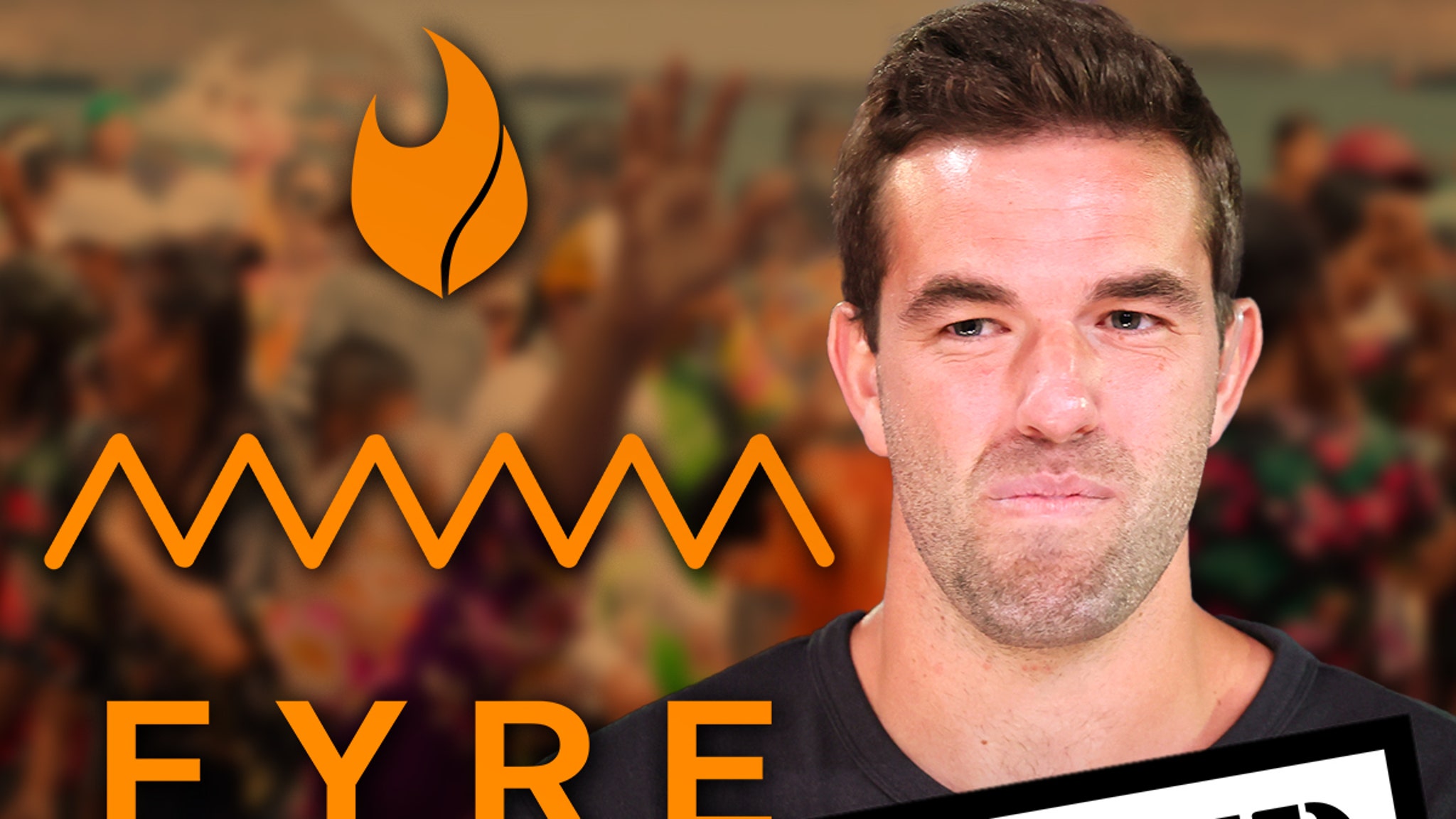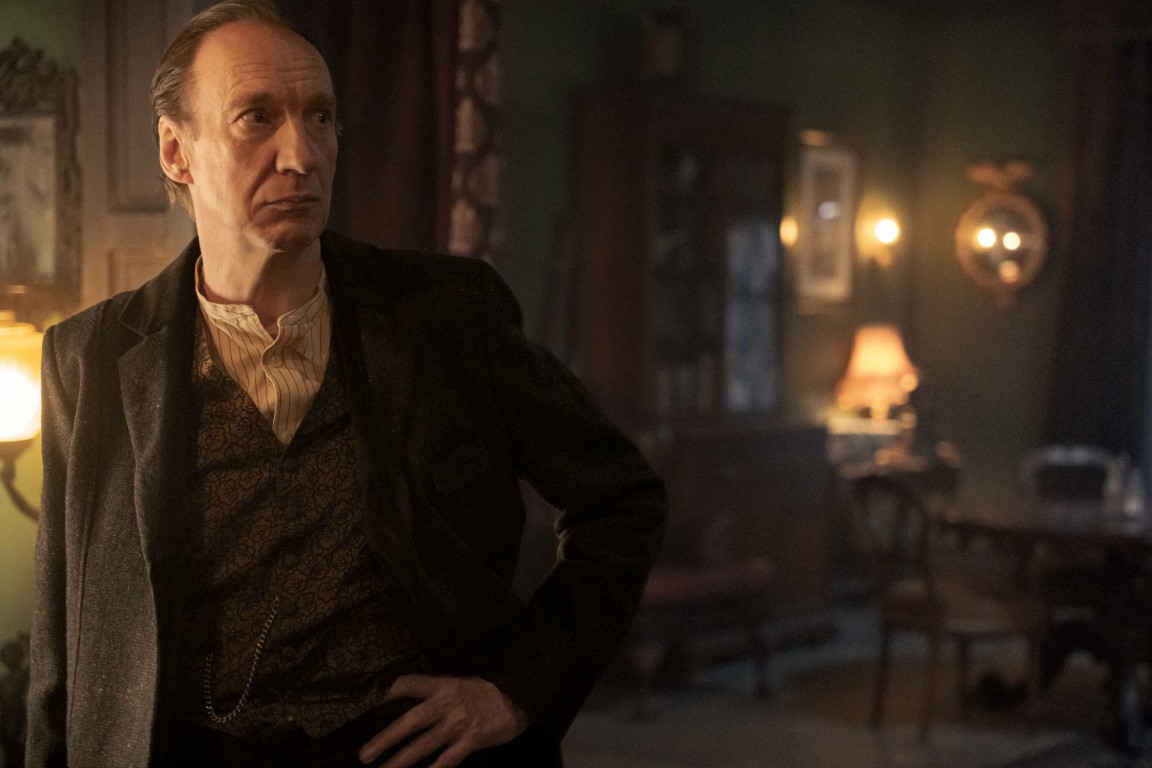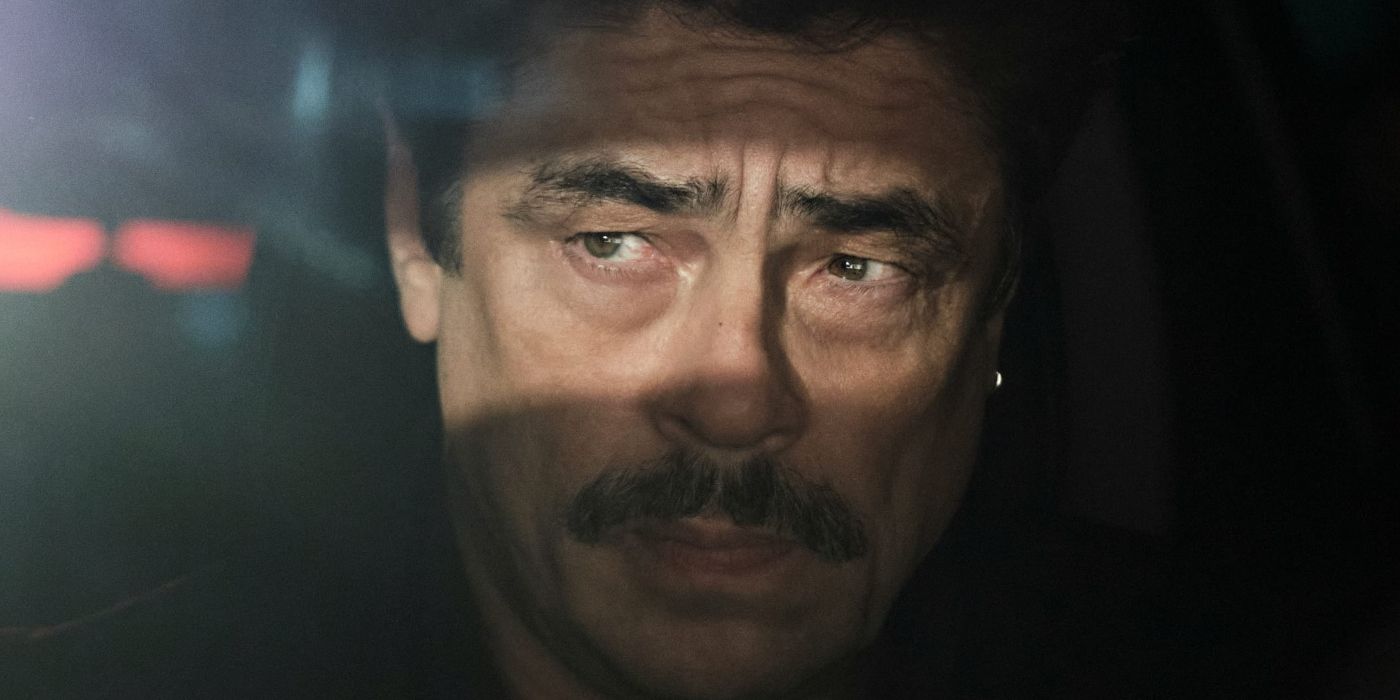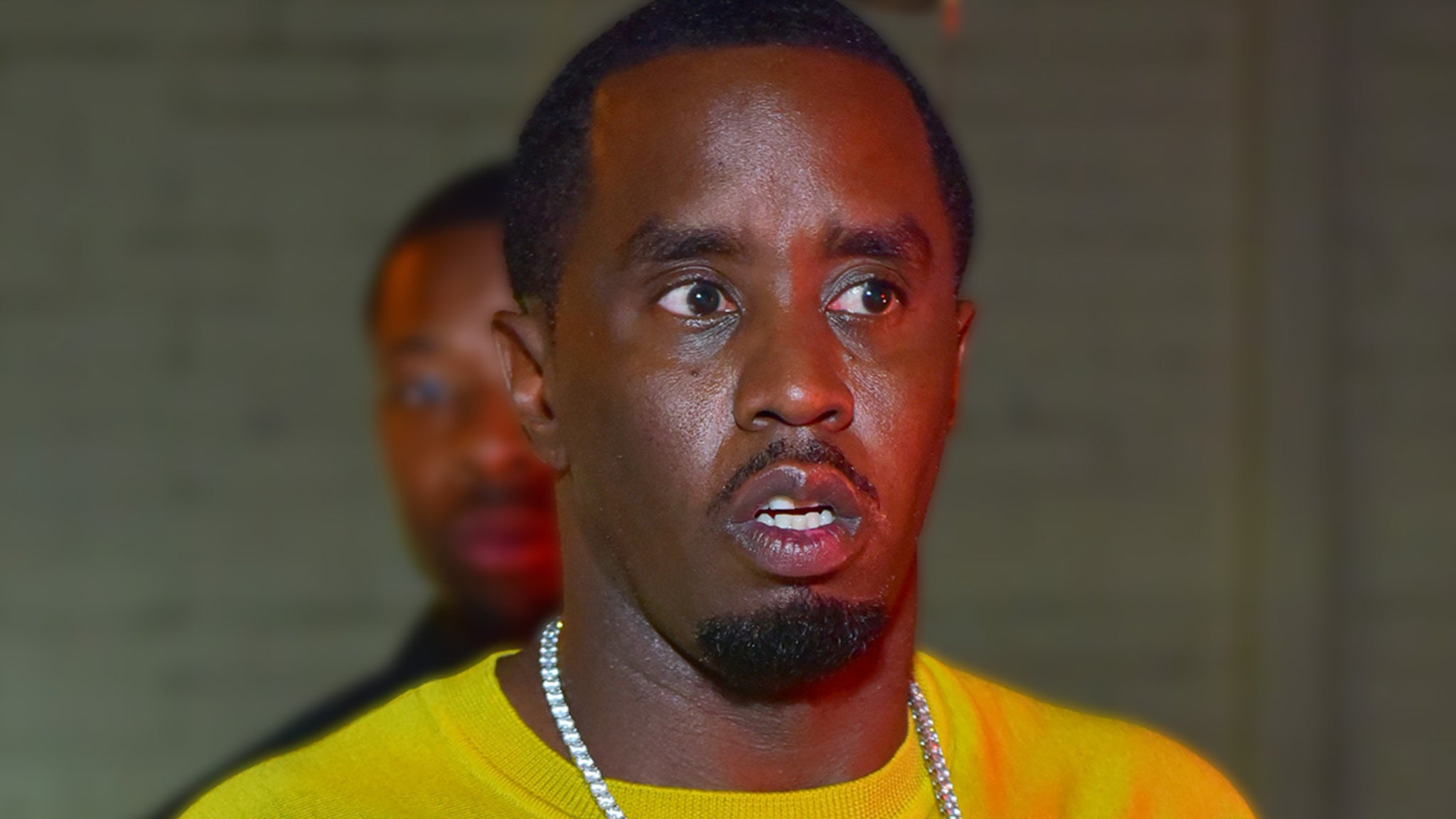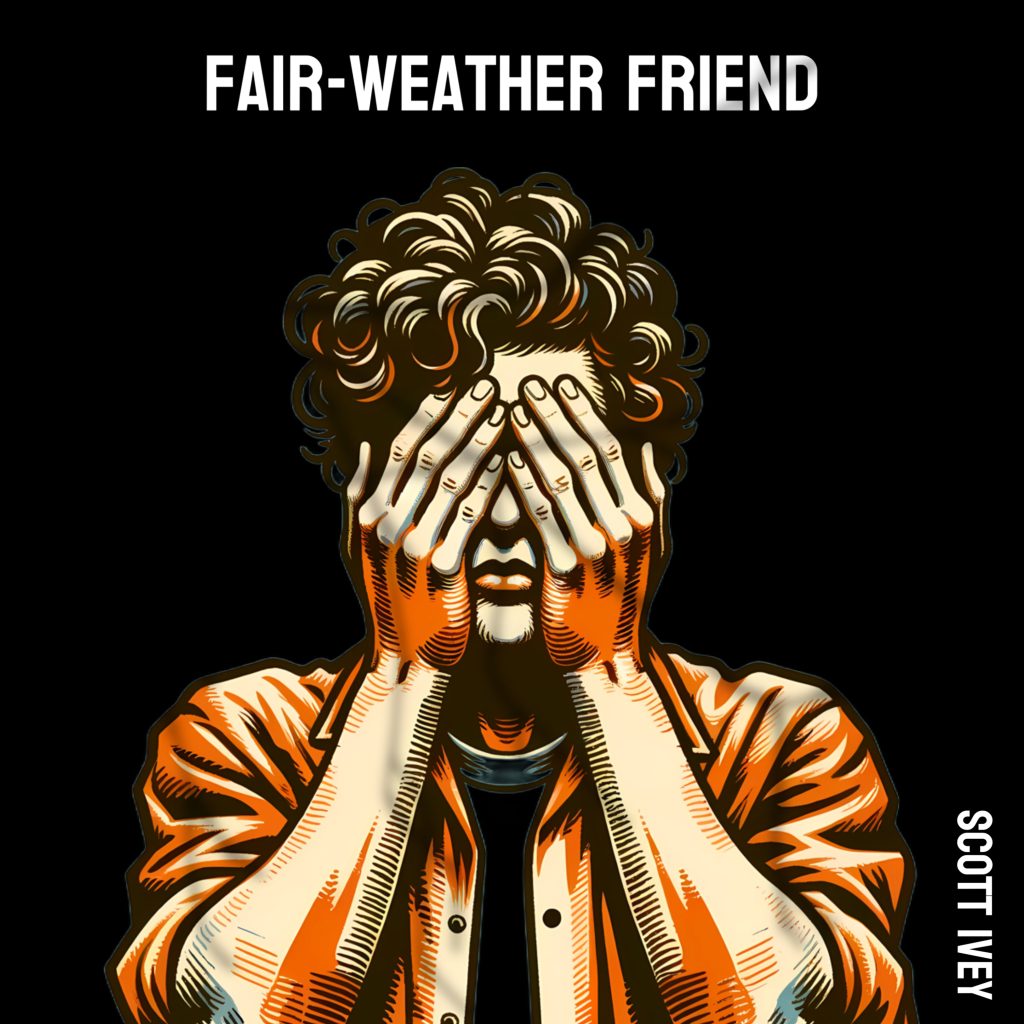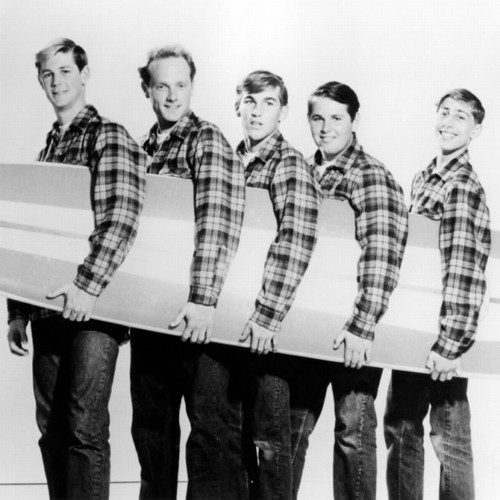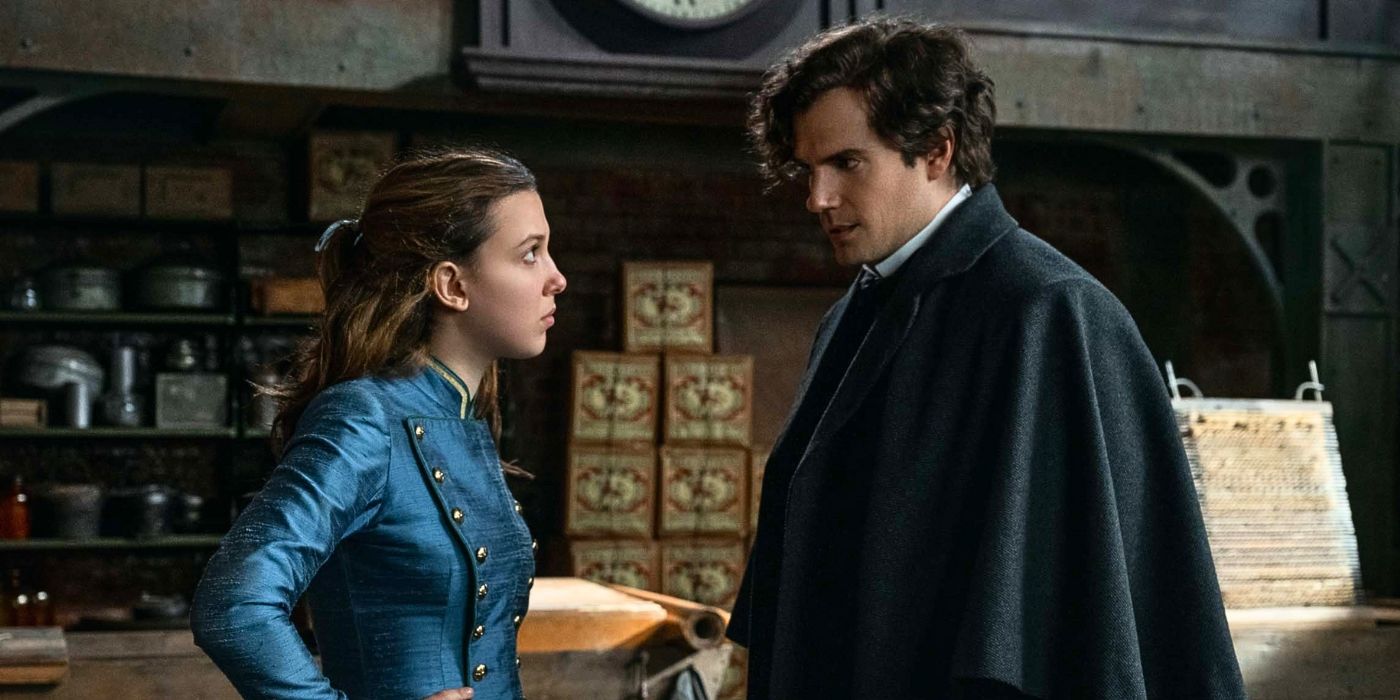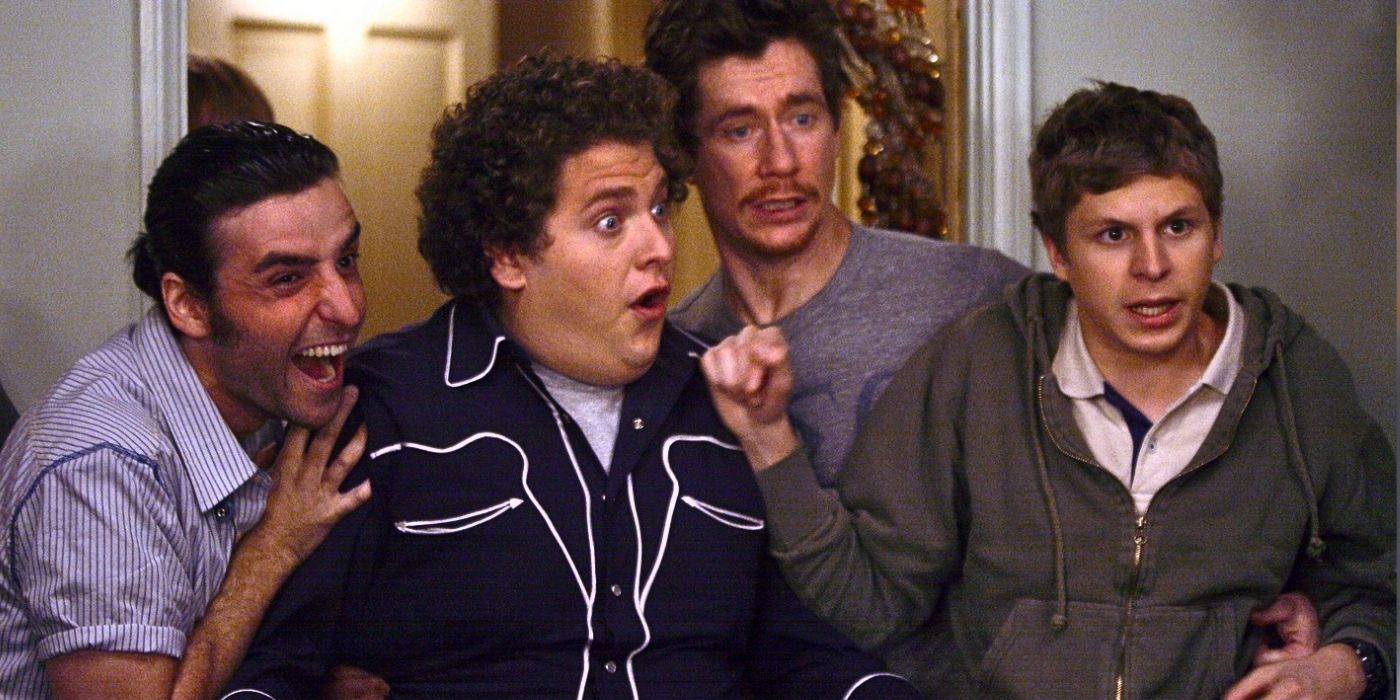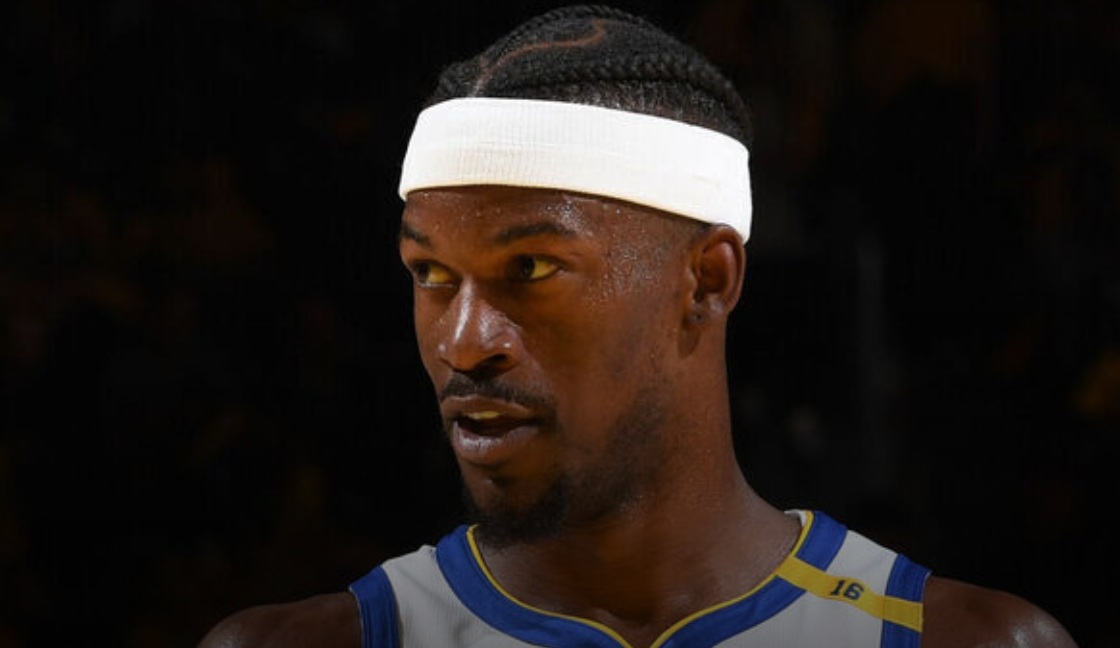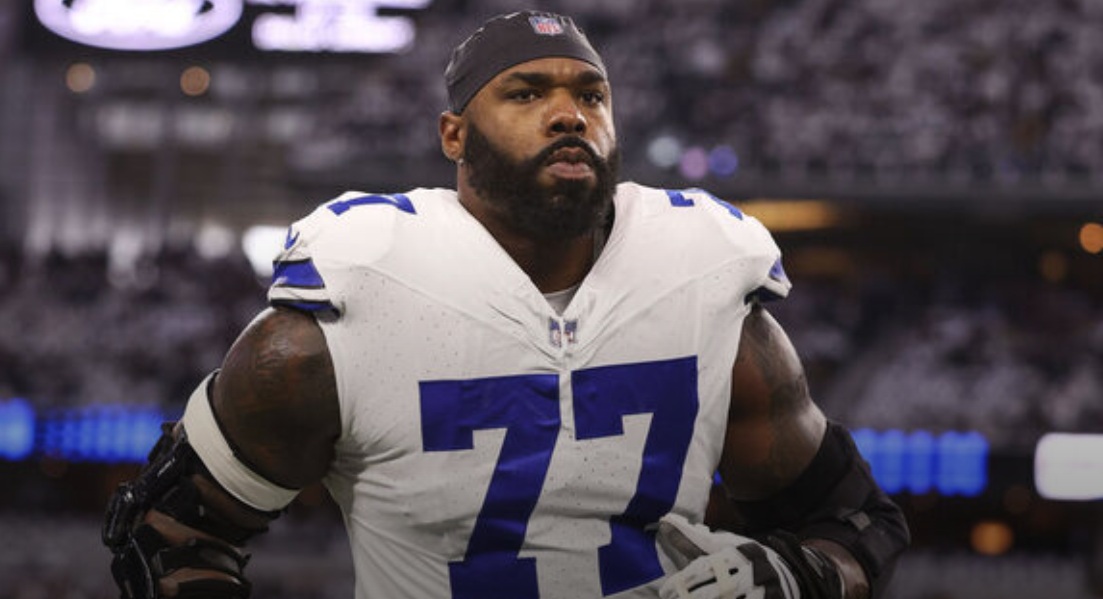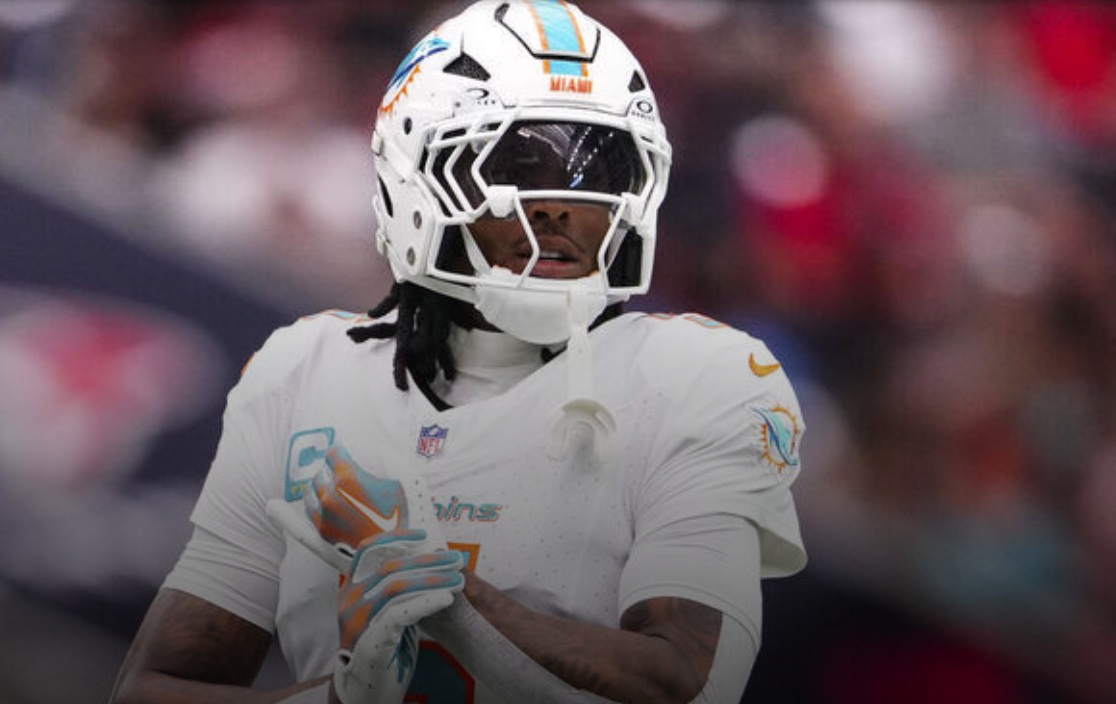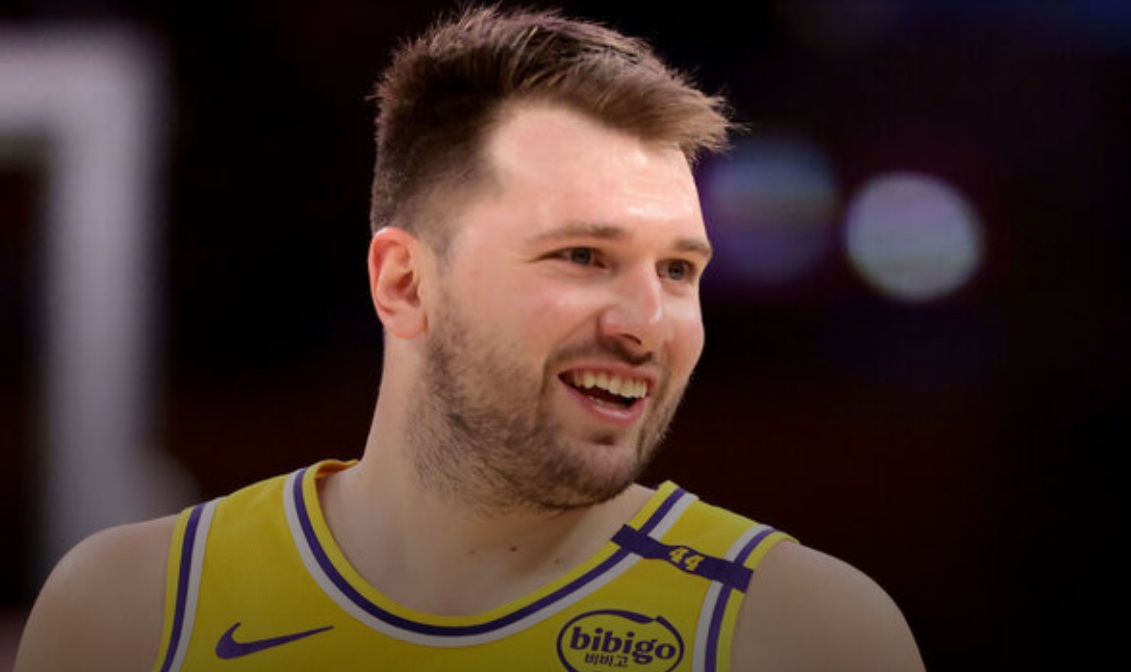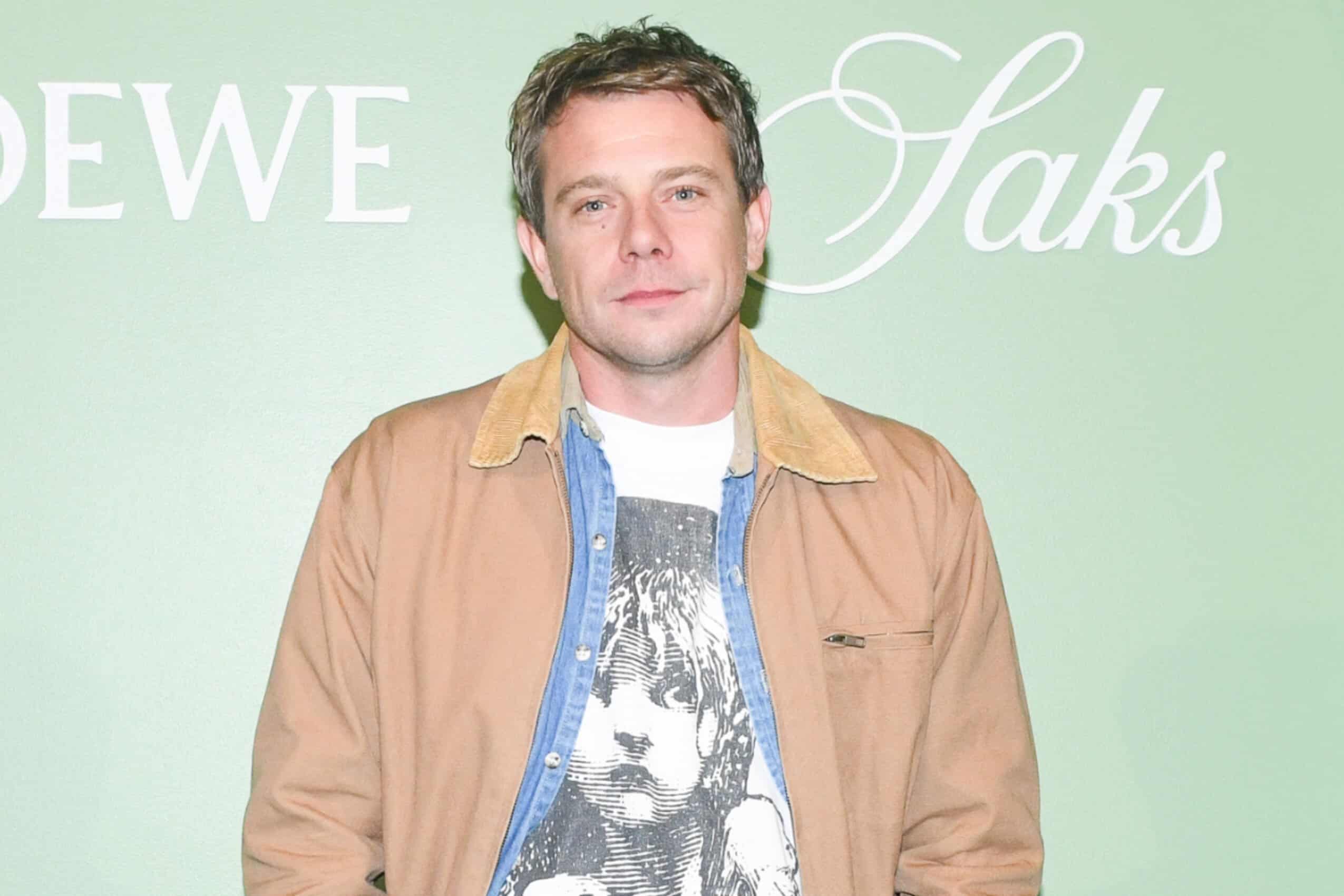Scott Ivey is a singer, songwriter, and guitar player based in Alabama, and his musical presence dates back to his 2004 EP Come Back. Pairing his 90s-influenced rock and roll with lyrics that balance spiritual and relational situations, Ivey dropped a smattering of singles and a second EP, Sound of Hope, in the mid-2010s. Now he’s popped up in 2025 with his third EP, Fair-Weather Friend. Some artists soften as they age, but if anything, Ivey’s music has hardened in the intervening decades to a rock and roll sound that feels both reliable and new.
One can hear the connection to former times, but his music is not a nostalgia play. His band is light on its feet, his songs have a rhythmic bounce, and his music feels celebratory even when he’s pointing out a lie over the truth. Ivey’s website makes a lot of his voice sounding like Chris Stapleton’s, but Ivey’s raspy keening in the upper register reminds me more of Chris Robinson than anyone else, a connection helped along by his band’s no-nonsense rock.
Fair-Weather Friend opens with just Ivey and the acoustic guitar for a portion of a verse on “She’s Lying,” but when the band kicks in, it’s all crackling distortion, throbbing bass, and pounding drums from here to heaven. Ivey tells the story of a woman who is not all her “lipstick and fingernails, high heels and ponytails” would have one believe. But instead of using her deception as a reason to spend the next three and a half minutes tearing her down, he asks, “Where does all this deception come from?” and appeals to her better nature to come clean.
Some artists are so eclectic that one isn’t sure what’s going to happen from one track to the next, while others come exactly as advertised, and Scott Ivey is one of the latter. He and his band keep the heat on throughout the EP while he asks poignant questions of the relationships he’s singing about, some of which have a distinctly spiritual flavor.
On the title track, Ivey sings a back-and-forth argument between someone who thinks who he is should be good enough for the other person, who indicts the former as a fair-weather friend who is oblivious to his own flippancy and lack of commitment. The band drives hard through the changes as Ivey continues the argument. The fair-weather friend is baffled at being rebuffed, after all, he hasn’t hurt a fly. To which the other responds that “my price ain’t paid by the things you do,” and later, on the bridge that hovers over a dark swirling chord progression, claims that “I came and died for you/ I took your blame.” If you’re starting to pick up parallels to Christianity, you aren’t alone.
Spiritual parallels resonate throughout Fair-Weather Friend, including the final track, “Reaching.” With the rhythmic bounce of the opening number, Ivey sings of wandering through a kind of spiritual wasteland while reaching for a presence he can’t feel but knows is there. On the chorus he sings, “My mind is made up/ Take my hand and fill my cup/ Lord I’m reaching, I’m reaching for you.” The back-and-forth arguments and up and down emotions of his songs make Ivey’s spiritual reality feel relatable, as opposed to a dogmatic recitation of belief on the one extreme or a portrayal of sublime surrender on the other.
Not all the songs on the EP are as spiritually focused as on the title track, and Ivey’s relational bent makes most approachable from any point of view. “Grow” seems to be another back-and-forth argument that is faintly allusive to the Parable of the Sower but with the encouragement to look back and “see how much you’ve grown,” not how little. In a different vein, the album’s ballad, “Miracle,” brings a mutually encouraging relationship to light in the setting of a car ride out of the city, celebrating the miracle of love and joy.
All the while, Ivey and company keep a close eye on doing what they’re good at. Fair-Weather Friend is fiercely electric in only the way a guitar band can be, but Ivey doesn’t overwhelm listeners with one lengthy guitar solo after another. Killer though they are, he judiciously keeps the lead guitar breaks short and sweet, acting more as transitions off a bridge or after a chorus rather than focal points in and of themselves. This keeps the energy of the EP burning right up to the end.
Christopher Raley






